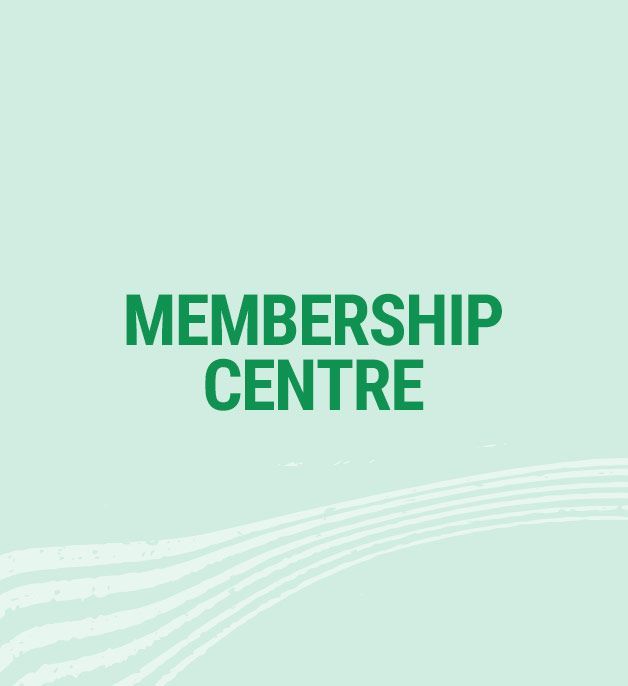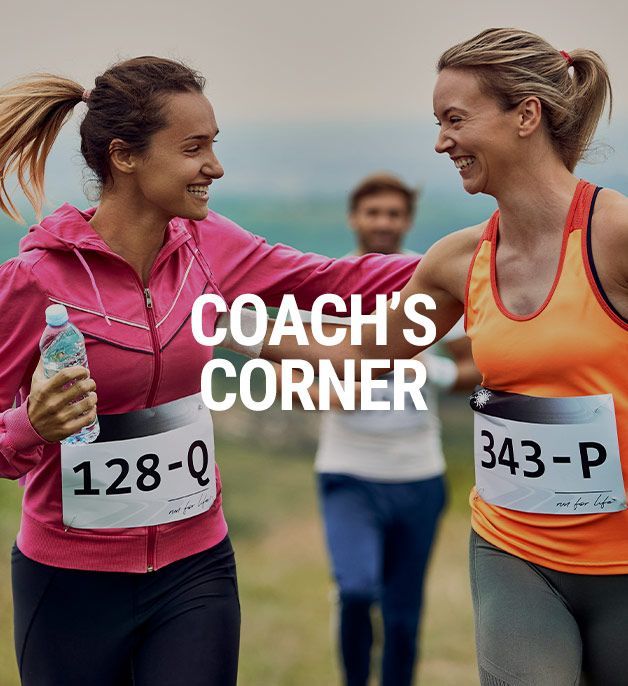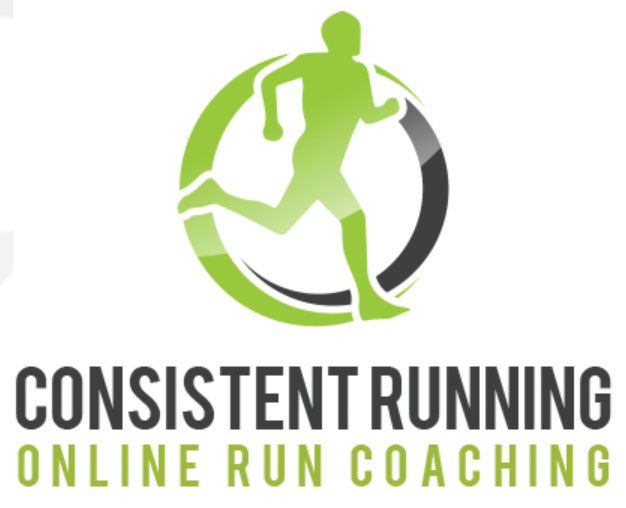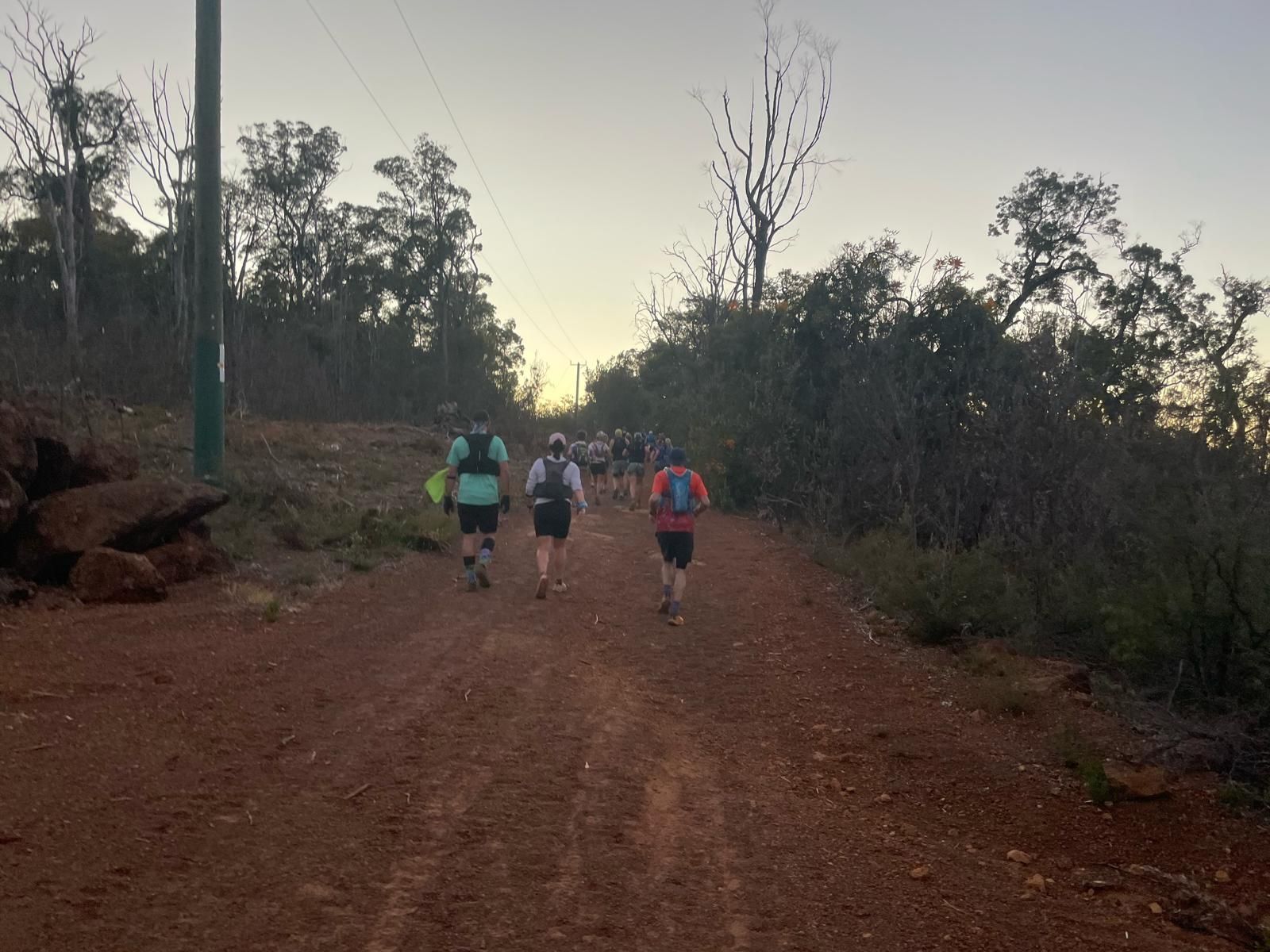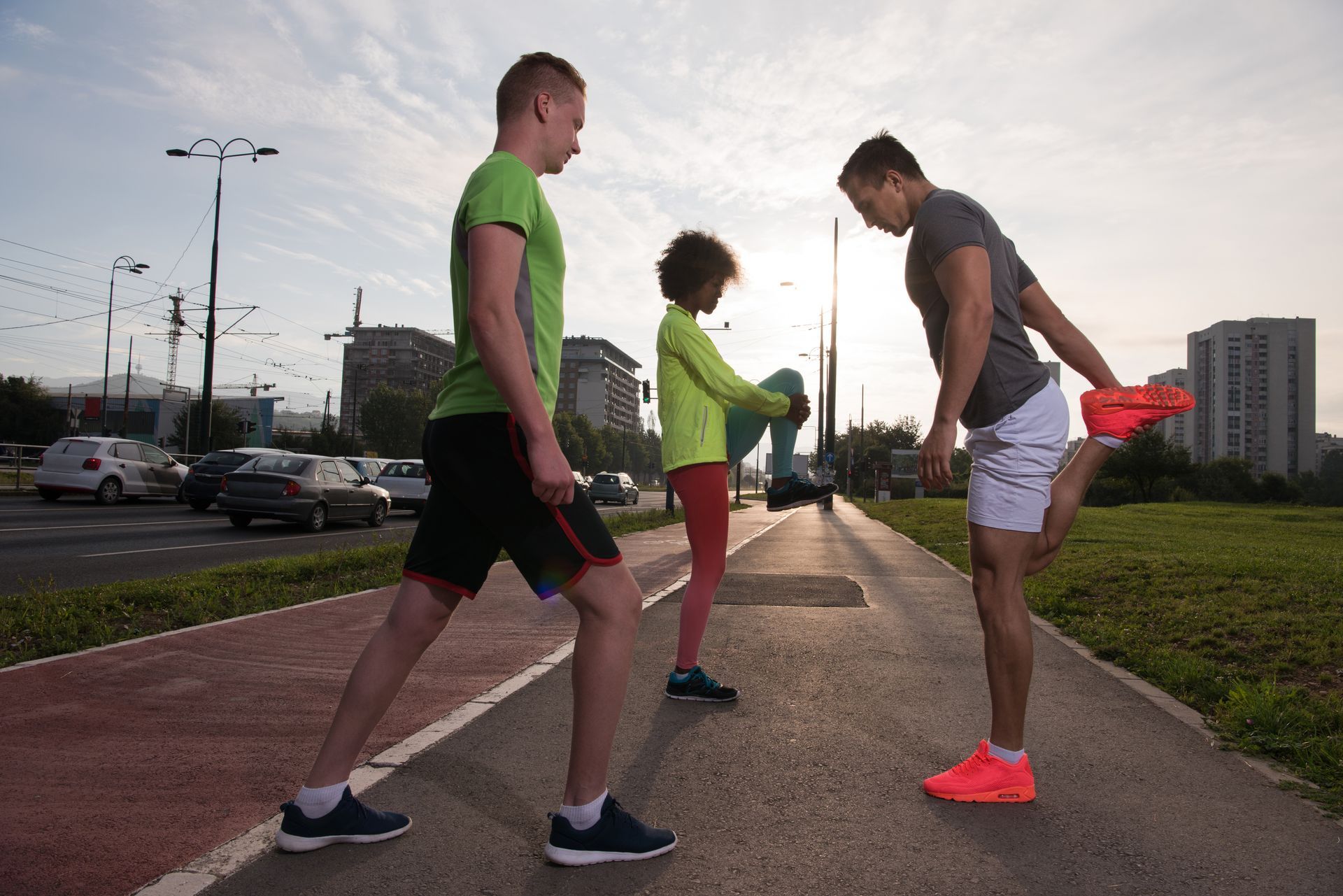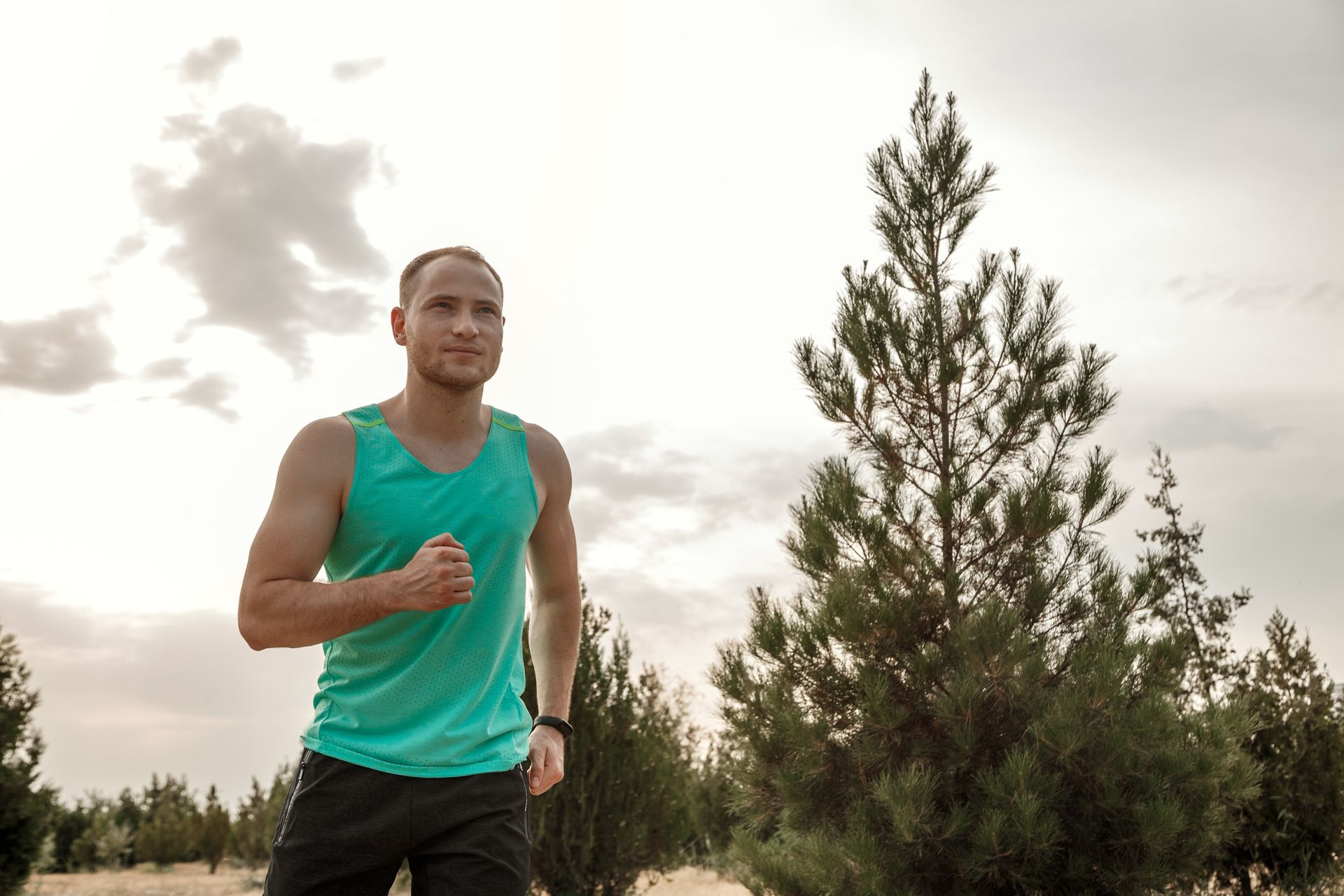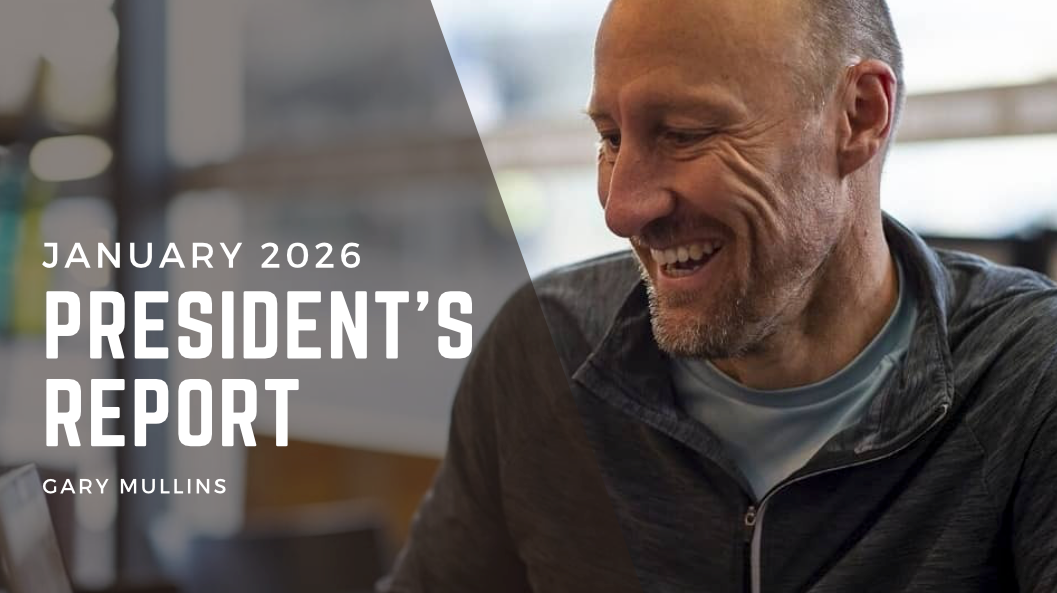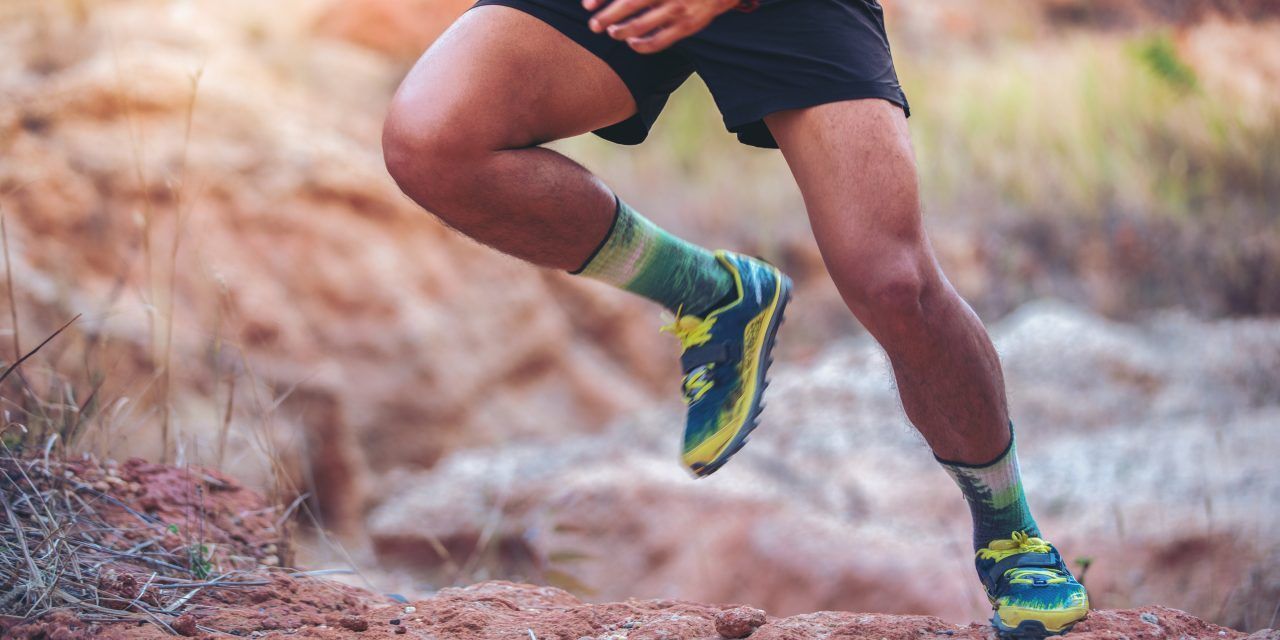
COACH’S CORNER – GOING FROM ROAD RUNNING TO TRAILS WITH GLEN SMETHERHAM
Coach’s Corner is a feature for AURA members, where qualified trained professionals provide you with advice and tips on improving and enhancing your ultra running performance.
Contributed by Glen Smetherham, Consistent Running Online Run Coaching head coach
Glen Smetherham is a Level 2 Advanced Recreational Running Coach accredited with Athletic Australia. With a focus on how the individual is responding to training, coach and athlete working together is the best way to achieve running goals. Glen is always working on finding the best methods and training practices to help athletes achieve their running goals. He has completed over 25 ultra marathons from 48kms up to 350kms, as well as many other endurance events.
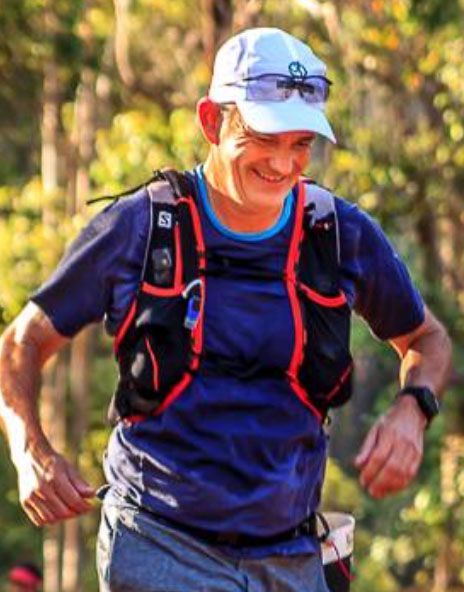
Tips for adapting from road to trails
I’ll get the secret hack out of the way first. The simplest way to ensure your legs and feet are adapted to trail running in a way that will improve efficiency and reduce injury risk is… 5-10 years of consistent running on trails.
As with running fitness and efficiency, there are no shortcuts, but there are certainly some things you can do to ease the transition and give yourself the best chance of running well on trails and start to build that consistent volume. While nothing beats accumulated time on trails and 5-10 years ago may have been the most optimal time to start running on trails, the next best time is now!
Take It Easy
Initially, both the type of trails you run on and the effort you run at should be easy. When you start running on trails, don’t bomb down the most technical trail you can find at top speed. The forces and loads you experience when running on trails will be different to road running. While road running has more repetitive loads (which itself can lead to issues), trail running has much more varied loads and some connective tissues that have been getting away with a reduced load while running on the road, may all of a sudden be stressed more during trail runs. Over time, this varied load is one of the reasons trail running can benefit a runner but initially, care should be taken not to do too much too soon. A change in mindset when running trails can help. Be more flexible with your planning, focusing on time rather than distance can help. Focus less on pace and more on being in the moment, enjoying your time on the trails.
Shoes
While I won’t go into the details of the best trail running shoes, switching from road shoes to trail shoes can make a big difference. Trail shoes offer better grip, more protection, and are generally made to handle the rougher conditions. As with road shoes, you will find just as much variation in trail shoes with higher or lower stack heights, zero to high drop, more cushioning or greater ground feel. Some offer protection from rocks with a built in (or removable) rock plate and we are also starting to see some carbon fibre plates in trail shoes. With all of your running shoes it is a good idea to rotate between a few pairs as just like trail running, that will add variety to the tissue loads and reduce the risk of overuse injuries. Finding what is comfortable and best suited to the trails you run and races you plan to do is important. Ask for the opinion of others to help with your decision, and you can also find some great reviews online at running websites or on YouTube. One reviewer I have found who does great shoe reviews is Seth James Demoor ( https://www.youtube.com/playlist?list=PLfYfIYL7lfsKyigk-MaEXuC-h14teDorf)
Connective Tissue Conditioning
Many injuries and niggles that people get when starting out on trails can be due to specific connective tissues (ligaments, tendons, bones, etc.) being unable to tolerate the greater load that trail running may put on them. To raise this threshold of these tissues, we must expose them to gradual increases in load (without going over the threshold) and provide the rest that will allow them to adapt. Ligaments (bone-to-bone) keep joints sturdy. Small decreases in stiffness of ligaments can lead to an increase in injury risk. Stiffer = better. Tendons (bone-to-muscle) are stiff at bone-end and more compliant/stretchy at muscle-end. Stiffer is not always better. Stiffer tendons result in an increase in the speed that we can transmit force produced by muscle, which has a performance benefit, however, if a tendon is stiffer than the muscle is strong, this can lead to non-contact muscle injury. If a runner has a history of muscle strains, we can reduce the risk of future injuries by increasing the strength of the muscle (the most common approach). We can further reduce that risk by also reducing the stiffness of the associated tendon. Isometric exercises and slow, heavy-load exercises are best for reducing tendon stiffness. As well as the type of exercises done, the timing of exercises (and runs) can make a difference with connective tissue health. Connective tissue only requires a short duration of loading to get the adaptions we require. Research has shown that within 5-10 minutes of starting an activity, the molecular response had reached its maximum. If loading is then continued, the molecular signals began switching off. It has also been determined that it takes six hours for the cells to be ready to respond to exercise again. This means that short targeted sessions of 10 minutes followed by at least six hours rest before repeating will work best for connective tissue adaptions. This approach can also be great when beginning trail running (or returning from injury). More frequent, short runs will result in better (connective tissue) adaptions than a similar overall volume done over fewer runs. If possible, increase frequency to 4-6 runs before adding too much distance to any single run. If you would like to dig deeper into this topic, follow the research of Dr Keith Barr, or for a great summary, watch this YouTube video https://www.youtube.com/watch?v=CgcR5J1dwcY
Strength Training
Strength training is probably the main thing (that isn’t running) that most people are aware will help with their trail (and road) running and potentially reduce their risks of injuries. I\t doesn’t mean most people will do it though. While this topic definitely deserves more than a few paragraphs, I’ll just add a few tips that are worth following up. By adding in 2-3 strength training sessions per week, or using more frequent mini-strength sessions which include a variety of strength training modalities is likely to have a positive effect on runners of all abilities. Generally, I have found runners who add in some strength training will also have greater confidence when running more technical trails. Including single leg exercises is very important and doing exercises while unstable may be a good progression when ready. It’s better to do the strength with the foot/feet on a stable surface and have the instability from holding/moving weights, than trying to do the strength work on a moving, unstable surface.
Be Kind To Yourself
Trail running is a different beast to road running and it’s likely the first few runs may leave you feeling disheartened as you probably cover less distance or take much longer than you would if on road. Don’t compare paces, times or efforts. That is one of the great things about trail running. Even the same trail can seem very different at different times of the year (or day/night/rain/hot). Enjoy the process and know that you are chipping away at the secret hack of 5-10 years towards trail running adapted legs.
Glen Smetherham, Head Coach
Consistent Running Online Run Coaching
Get in touch with Glen Smetherham by clicking on the logo above, or visiting his socials
